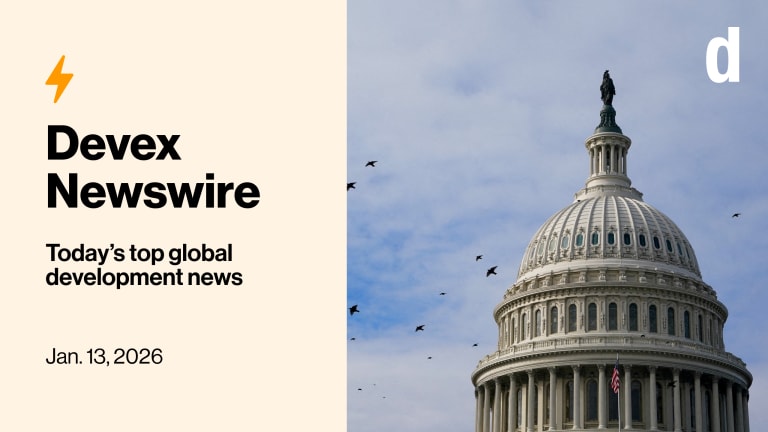For months, the battle between Kamala Harris and Donald Trump has demanded much of the country’s political spotlight. But just days away from the presidential election, there’s another race that might prove even more impactful for U.S. foreign aid: the U.S. Congress.
“If Trump wins, he’s most likely to have a Republican Senate and a Democratic House of Representatives — that’s what the odds look like now,” said George Ingram, a senior fellow at the Brookings Institution, a think tank based in Washington, D.C. “The Republicans today, compared to 2016 and the four following years, are more inclined to do his bidding.”
Less than a week after Ingram spoke with Devex, American political polls were suggesting Republicans could actually take control of both the Senate and the House, though the latter is projected at a razor-thin margin. With just days before the election, there is a lot we still don’t know — but according to Ingram, it’s those congressional seats that will really make the difference.
This story is forDevex Promembers
Unlock this story now with a 15-day free trial of Devex Pro.
With a Devex Pro subscription you'll get access to deeper analysis and exclusive insights from our reporters and analysts.
Start my free trialRequest a group subscriptionSearch for articles
Most Read
- 1
- 2
- 3
- 4
- 5








